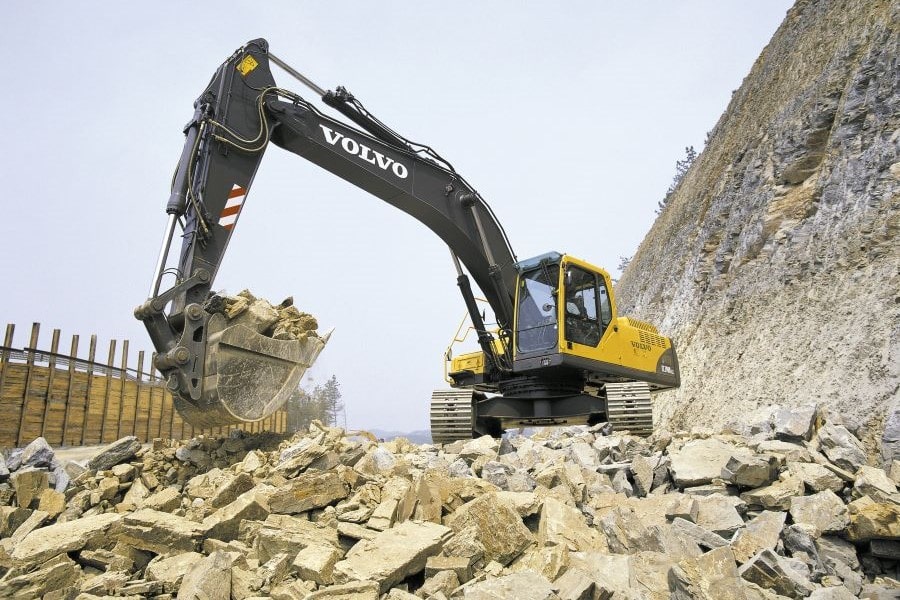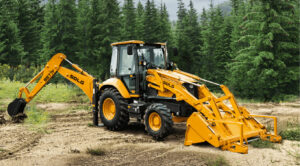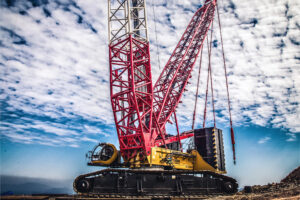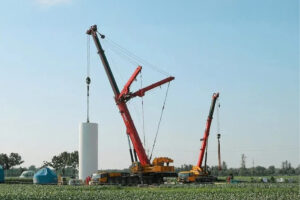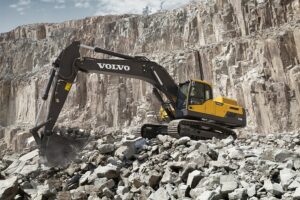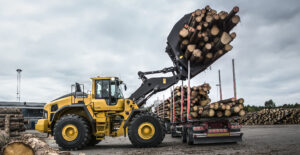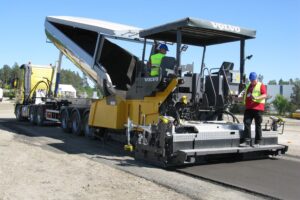Just like regular cars, heavy machineries will also break down if they’re neglected. There are different types of maintenance for your Volvo Excavator; all of them geared towards keeping it at peak productivity for your business.
In this article, we talk about the different types of maintenance for your compact excavator and the different practices you can implement in your daily operations to help preserve the unit’s life. These maintenance tips serve to keep your compact excavator at its most productive state.
Different Types of Maintenance
Routine Maintenance
A routine maintenance can also be referred to as preventative maintenance. This type of upkeep should be done the most often, and as such, it can rack up quite a bill overtime because of its frequency, which is why most people try to put off this type of maintenance.
Being proactive with this type of procedure can actually save your business more money in the long run, as it can help prevent your machine from permanent damage and lead to product depreciation. The truth is that corrective repairs will cost more money and can lead to longer downtimes, whereas doing regular check ups with your unit can be scheduled for when the unit is not supposed to be in use.
This type of upkeep safeguards your employees’ safety, and it can also be a great learning experience for operators. The knowledge they’re able to pick up when it comes to what the machine should feel like, sound like, and its handling when it’s at its best state can lead to the diagnosis of possible problems.
Reactive Maintenance
Reactive maintenance is done as a response to a problem in your unit, as opposed to a proactive and preventative approach. These repairs are done so that your equipment will be restored to a working condition.
This is usually triggered by system failures or damage to the unit. These types of repairs will often be expensive as it will require replacement of parts and the expertise of technicians to restore your unit to an operational state.
Constantly waiting to service your unit only when something goes wrong can also lead to further damage of the equipment, which may eventually lead to its breakage.
Predictive Maintenance
Predictive maintenance makes use of technology and data, like environment and usage frequency, to anticipate when your unit will be needing maintenance. This kind of upkeep will eliminate the regular routine tune ups where there seems to be nothing wrong with your unit.
This kind of maintenance is best for huge companies that have multiple units, because it requires additional technology to track the performance of the unit during operations, which may not be as cost-effective for smaller companies.
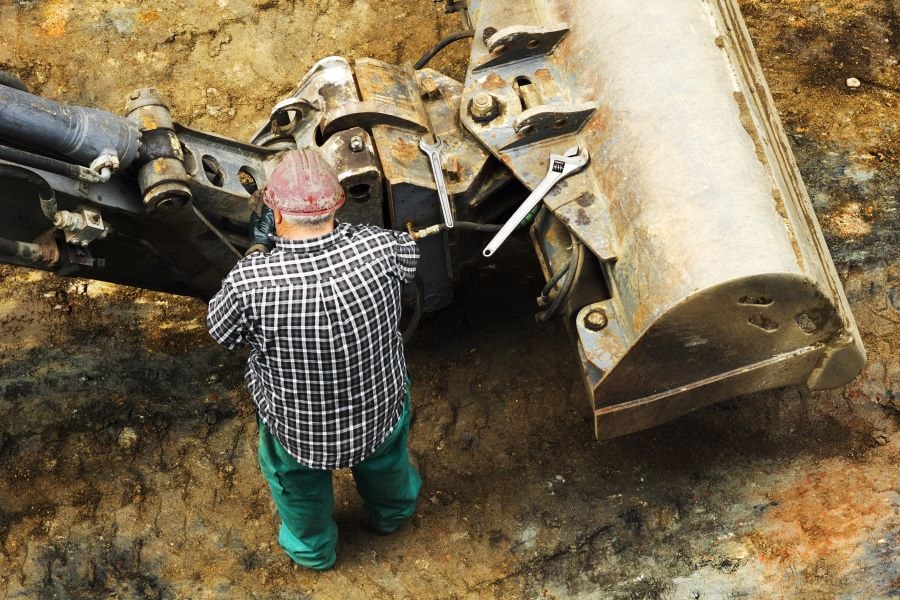
Machine Familiarity
Before setting your machine out for use in daily operations, it’s essential that your team familiarize their selves with it. Reading the product’s manual is a great way to get acquainted with the unit, while attending trainings is a great way to gain theoretical and practical information on its features and operations.
Equipping your operators with product knowledge is one way for the team to keep the unit in an optimal state, because they can then identify issues beforehand and justify why rigorous checks and inspections must be performed before its usage.
Careful Inspections
A practice that should already be in your daily operations checklist is inspecting the excavator before utilization. Not only will meticulous equipment checks help provide a safer environment for your staff, but it can also help identify problems before they occur, which prolongs your unit’s usability because of careful handling.
Clean the Unit
This part of the process is often overlooked because for some, heavy machineries are often dirty, and they regularly look unkempt and dusty. But cleaning your unit is a crucial part of machine maintenance.
Cleaning your unit regularly will keep its filters free from dust and gunk that can mess with performance. It will also take out unwanted grease and dirt that can hinder your excavator’s maneuverability. Doing housekeeping on your unit will keep it working at peak performance.
Use Only for Its Purpose
An excavator is a dynamic piece of equipment that can do a variety of jobs on your site, but that doesn’t mean that it’s suited for all tasks. Using your product according to the limitations the manufacturer has set will keep it working at its best.
Before assigning your compact excavator to an assignment, assess the situation and the environment to ensure that it can handle the job. It’s also good to take note of your equipment’s specifications so that you can readily assign it.
Here are some things you can note down:
- Net power
- Operating weight
- Maximum weight capacity
- Maximum digging depth
- Maximum reach along ground
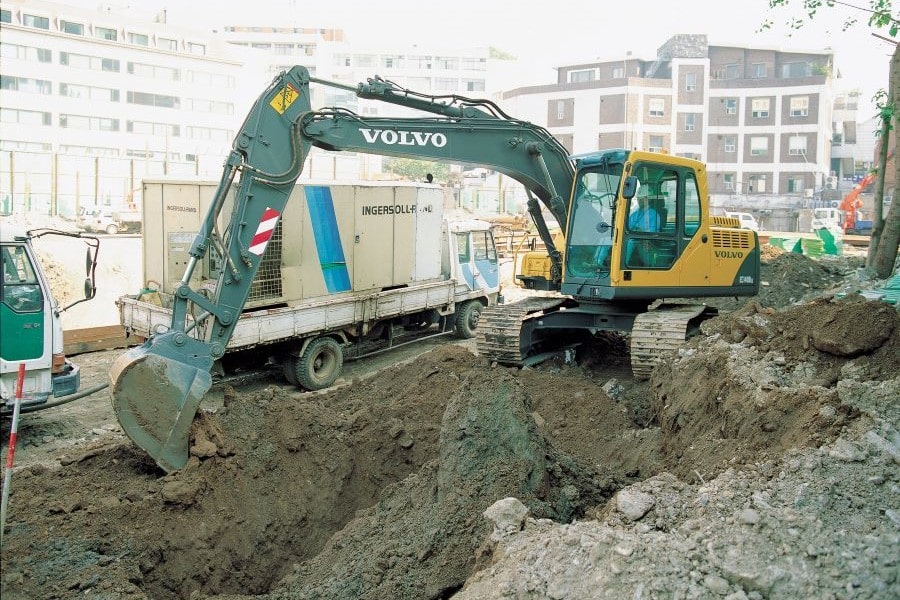
Documentation of Work
Practicing proper documentation by keeping an up-to-date record of your machine’s checkups, maintenance, defects, and breakdowns will paint a pretty accurate picture of the current state of your unit. This can make for easier diagnosis of problems.
Work with an Expert
Making the decision to invest in a compact excavator is a big financial decision. When it comes to making purchases like these, we recommend that you only work with authorized distributors who know the ins and outs of your machine and can help you maintain it in tip-top shape.
Investing in heavy machinery is not a decision to be made lightly. It can rack up quite a bill from financing the unit’s purchase, its repairs, and for staff education.
Topspot Heavy Equipment is a trusted source for your construction equipment needs. We can guide you through our selection of Volvo excavators for sale and any of your servicing needs.
Get in touch with us today to receive a free quote.
Contact Us
Learn more about Volvo Excavators by talking to one of our team members. We’ll give you all the information you need to allow you to make the perfect decision for your firm.

